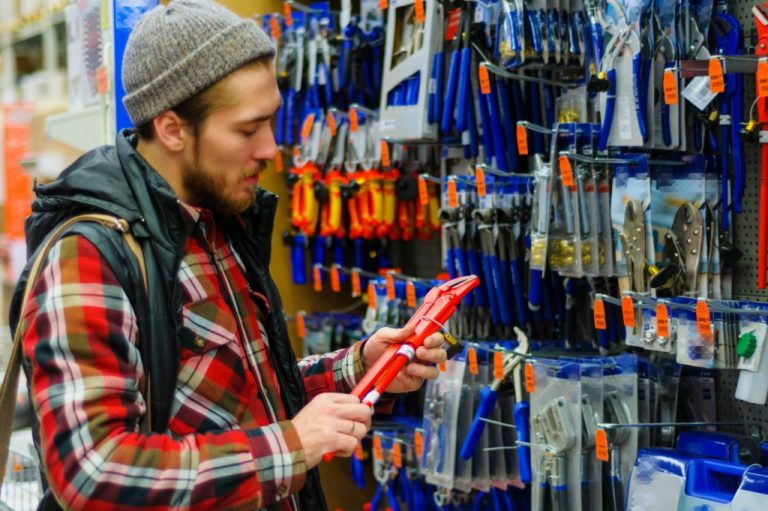Heavy equipment is among the most expensive investments a business owner could make. Determining whether to have it repaired or rebuilt instead of getting a replacement is a decision that should not be taken lightly. In this article, we’ll help you weigh your options so that you can make an informed decision about what to do with your damaged machinery.
The Difference Between Repair, Restoration, and Replacement
A repair usually involves fixing the faulty components of the machine. In contrast, a restoration or rebuild involves replacing major and minor components and adjusting the calibration and settings to make it run like new.
A replacement is what it is: replacing the entire machine with a new or used one. Typically, an owner would prefer the replacement to be new or slightly used. If the option for the replacement is one that has been heavily used by the previous owner, you’d be wise to have your equipment restored or repaired instead. When that heavily used machine reaches the end of its operating life, you’ll end up with the same dilemma of having a damaged mechanism in your fleet.
Pros and Cons of Each Option
Repair – This is possibly the easiest short-term fix and the best option if you need your machine to function again as soon as possible. However, there is no assurance that you won’t run into the same problem again in the future.
Rebuild – A restoration process makes your equipment look and run like new for less money than a replacement. Plus, it also allows you to sell or trade your assets. On the other hand, it can cause an extended downtime in your business as the process can take longer to complete.
Replacement – If you’re replacing the damaged mechanism with a new one, you’ll enjoy the latest technology and the longest life expectation. The problem will be on the expenses as this is the most expensive option. You’ll have the taxes and warranty obligations to think about, too.
Important Things to Consider

1. Company Policy – Consult your rulebook if you have policies for this matter. Some private companies require replacement for machines that have reached their maximum operating hours for safety reasons. Given the high upfront costs of this asset, other companies want to realize its full value, so they opt for heavy machinery restoration. Either way, your company policy should give you a good head start on the issue.
2. Repair Warranty – A warranty gives you peace of mind that the manufacturer stands behind their products. When buying anything, the rule of the thumb is to pick an item that comes with a warranty. On the occasion that you need to bring your machine for repair, the costs will be covered, giving you one less thing to worry about.
3. Cash Flow Considerations – If your cash flow isn’t an issue, you wouldn’t have to choose the first place. However, business is business, and you have your finances to take care of. Create a cost analysis and consider the following when making a decision:
- For Repair – Warranty status, cost of repair, etc.
- For Rebuild – Cost of parts and labor, etc.
- For Replacement – Cost of replacement, resale or trade cost of the damaged machine, disposal fee of the damaged device, cost of taxes, added financial value to the business, etc.
4. The 50/50 Replacement Rule – Consider the amount you’ll need to shell out for the repair and replacement. If the total cost of repair (including labor and parts) is higher than half the price of a replacement, it’s more practical to get a new one.
If you’re still unsure what to do next, ask more members of your company for their opinion on the matter.

